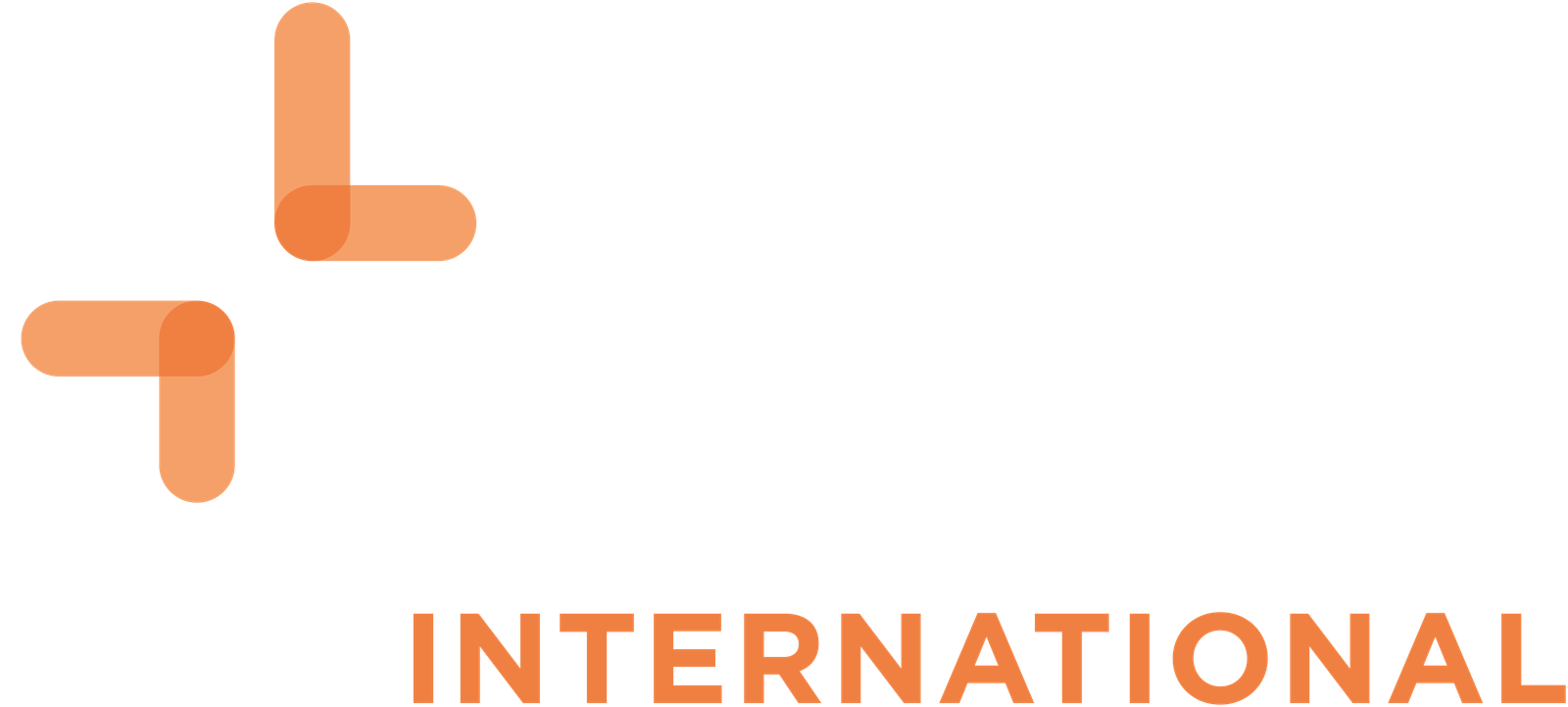Every destination has its unique cultural norms and etiquettes. However, some general guidelines for international patients seeking medical treatment abroad are:
Greeting Etiquettes: In some cultures, it’s common to greet with a handshake, while others may use bows or even kisses on the cheek. It’s advisable to observe and follow local customs.
Dress Code: Dress modestly and respect local customs, especially when visiting religious or traditional sites. For instance, in some Middle Eastern countries, it’s expected for women to cover their hair.
Tipping: Tipping customs vary worldwide. In some countries, tipping is expected for many services, while in others, it might be considered rude. It’s essential to research local customs in advance.
Appointment Punctuality: Being punctual for medical appointments is crucial. However, understand that in some cultures, time is perceived differently, and slight delays might be standard practice.
Language: Even if English is commonly spoken at your medical facility, learning a few basic phrases in the local language can be a kind gesture and aid in communication.
Personal Space: Respect for personal space varies across cultures. In some places, close physical proximity is normal, while in others, it’s essential to maintain a distance.
Gift Giving: In some cultures, it’s customary to bring a small gift when visiting someone. If visiting a local’s home or meeting a doctor for a consultation, consider this tradition.
Dietary Customs: Respect local eating habits and be aware of religious dietary restrictions. For instance, pork is prohibited in Muslim-majority countries, and beef is avoided in Hindu cultures.
Photography: Always ask for permission before taking pictures, especially in hospitals, clinics, or private areas.
Local Customs and Traditions: Each country will have its unique set of customs, festivals, and traditions. Being aware and respectful of these can enhance your international healthcare experience.
For specific concerns or more in-depth information about the cultural norms and etiquettes of your chosen destination, patients are encouraged to reach out to our patient support service before their medical travel. We’re here to guide you every step of the way.


